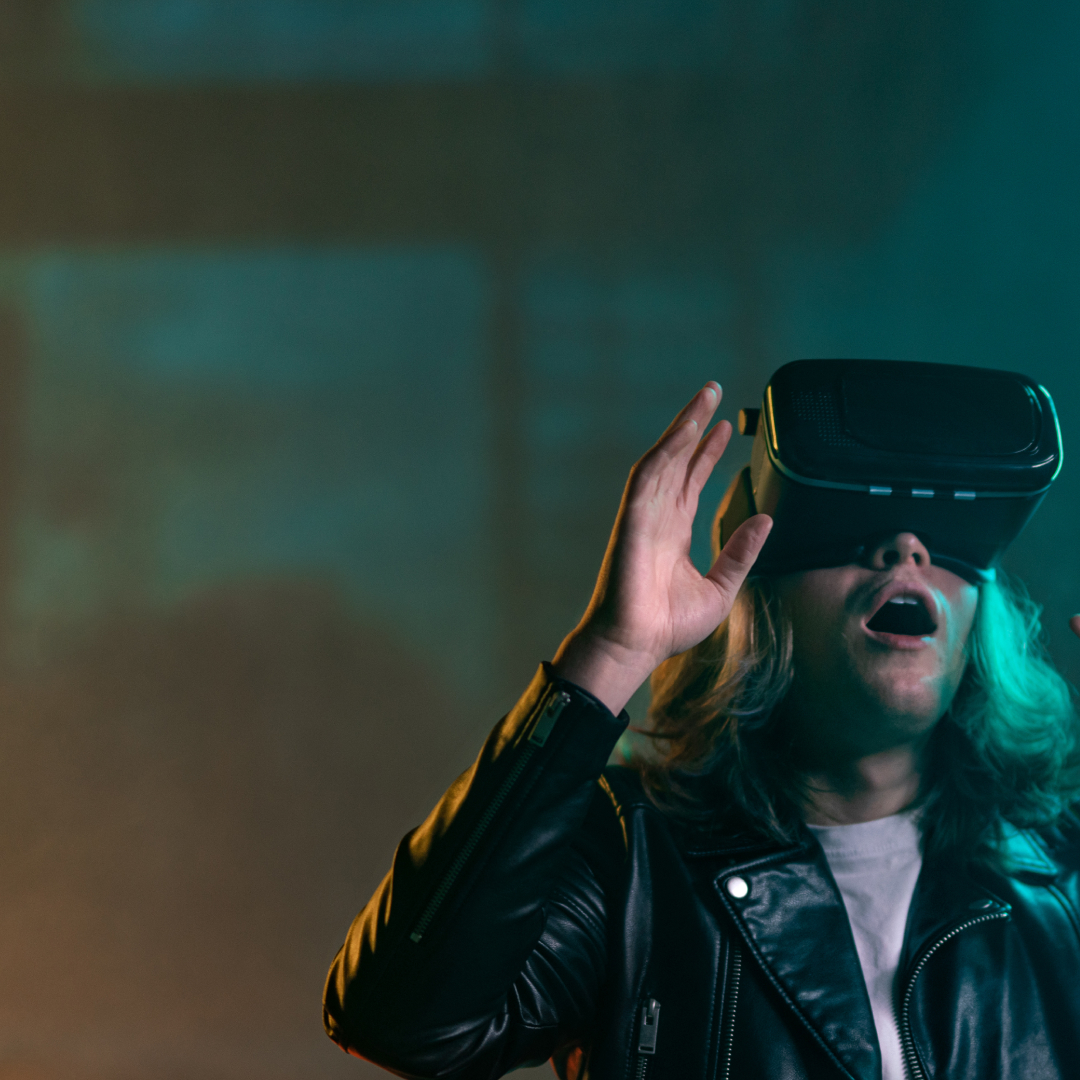The digital landscape is constantly evolving, and the latest frontier is the metaverse. This immersive, interconnected virtual universe is more than just a playground for gamers and tech enthusiasts; it’s rapidly becoming a powerful platform for brand engagement. Imagine a space where brands and consumers interact in real-time, creating experiences that are as tangible and impactful as those in the physical world. The metaverse is transforming the way brands connect with their audiences, and its impact is just beginning to unfold.
What is the Metaverse?
Before diving into its impact, let’s briefly explore what the metaverse is. The metaverse is a collective virtual shared space, created by the convergence of virtually enhanced physical reality and physically persistent virtual space, including the sum of all virtual worlds, augmented reality, and the internet. It’s a place where digital avatars represent real people, and where virtual and augmented reality technologies create immersive experiences that feel incredibly real.
A New Playground for Brands
In the metaverse, the traditional rules of brand engagement are rewritten. Brands are no longer confined to static advertisements or even dynamic social media campaigns. Instead, they can create interactive, immersive experiences that captivate audiences in ways previously unimaginable. Imagine attending a virtual concert sponsored by your favourite brand, where you can interact with other fans, buy virtual merchandise, and even meet the performers – all from the comfort of your own home.
Enhanced Consumer Experiences
One of the most significant impacts of the metaverse on brand engagement is the enhancement of consumer experiences. Brands can now create unique, personalised interactions that go beyond the typical customer journey. For instance, a fashion brand can host virtual fashion shows where attendees can try on clothes using their avatars, purchase items instantly, and share their looks on social media – all in real-time.
This level of interactivity and personalization not only captures consumers’ attention but also fosters a deeper connection between the brand and its audience. By providing memorable experiences, brands can build loyalty and encourage repeat engagement.
Virtual Real Estate and Brand Presence
Just as physical locations matter in the real world, virtual real estate is becoming crucial in the metaverse. Brands are investing in virtual spaces – from storefronts in digital malls to branded environments in virtual worlds like Decentraland and Roblox. These spaces offer a new dimension for brand presence, allowing companies to create immersive, branded experiences that are always accessible to their audiences.
For example, a tech company might create a virtual innovation lab where users can explore new products, participate in interactive demos, and even attend virtual workshops. This not only showcases the brand’s latest offerings but also positions it as a leader in innovation.
Community Building and Social Engagement
The metaverse is inherently social, making it an ideal platform for community building and social engagement. Brands can leverage this by creating spaces where their communities can gather, interact, and share experiences. This could be a virtual café where fans of a coffee brand can meet, chat, and even enjoy virtual tastings, or a fitness brand hosting virtual workout sessions that bring together health enthusiasts from around the world.
By fostering these communities, brands can create a sense of belonging and loyalty among their audiences. The shared experiences and interactions in the metaverse can translate into stronger emotional connections with the brand.
Data-Driven Insights and Personalization
The metaverse also offers unprecedented opportunities for data collection and analysis. Every interaction, movement, and transaction in the virtual world generates data that can be used to gain insights into consumer behaviour and preferences. Brands can leverage this data to tailor their offerings and create hyper-personalised experiences.
For instance, a beauty brand can analyse how users interact with virtual makeup products, identifying popular colours and styles, and then use this information to inform real-world product development. The ability to understand and respond to consumer preferences in real-time allows brands to stay ahead of trends and meet their audience’s needs more effectively.
Challenges and Considerations
While the metaverse presents exciting opportunities, it’s not without challenges. Privacy and security are major concerns, as the data generated in virtual spaces must be protected. Additionally, brands must navigate the ethical implications of virtual interactions and ensure they provide inclusive and accessible experiences for all users.
Moreover, the technology driving the metaverse is still evolving, and brands must be prepared to adapt and innovate continuously. Staying relevant in the metaverse requires a willingness to experiment and embrace new technologies and trends.
The metaverse is revolutionising brand engagement, offering immersive, interactive experiences that go beyond traditional marketing methods. As brands continue to explore this new digital frontier, they have the opportunity to create deeper connections with their audiences, build vibrant communities, and leverage data-driven insights to deliver personalised experiences. While challenges exist, the potential for innovation and growth in the metaverse is boundless. Brands that embrace this new age of digital interaction will undoubtedly shape the future of consumer engagement.





